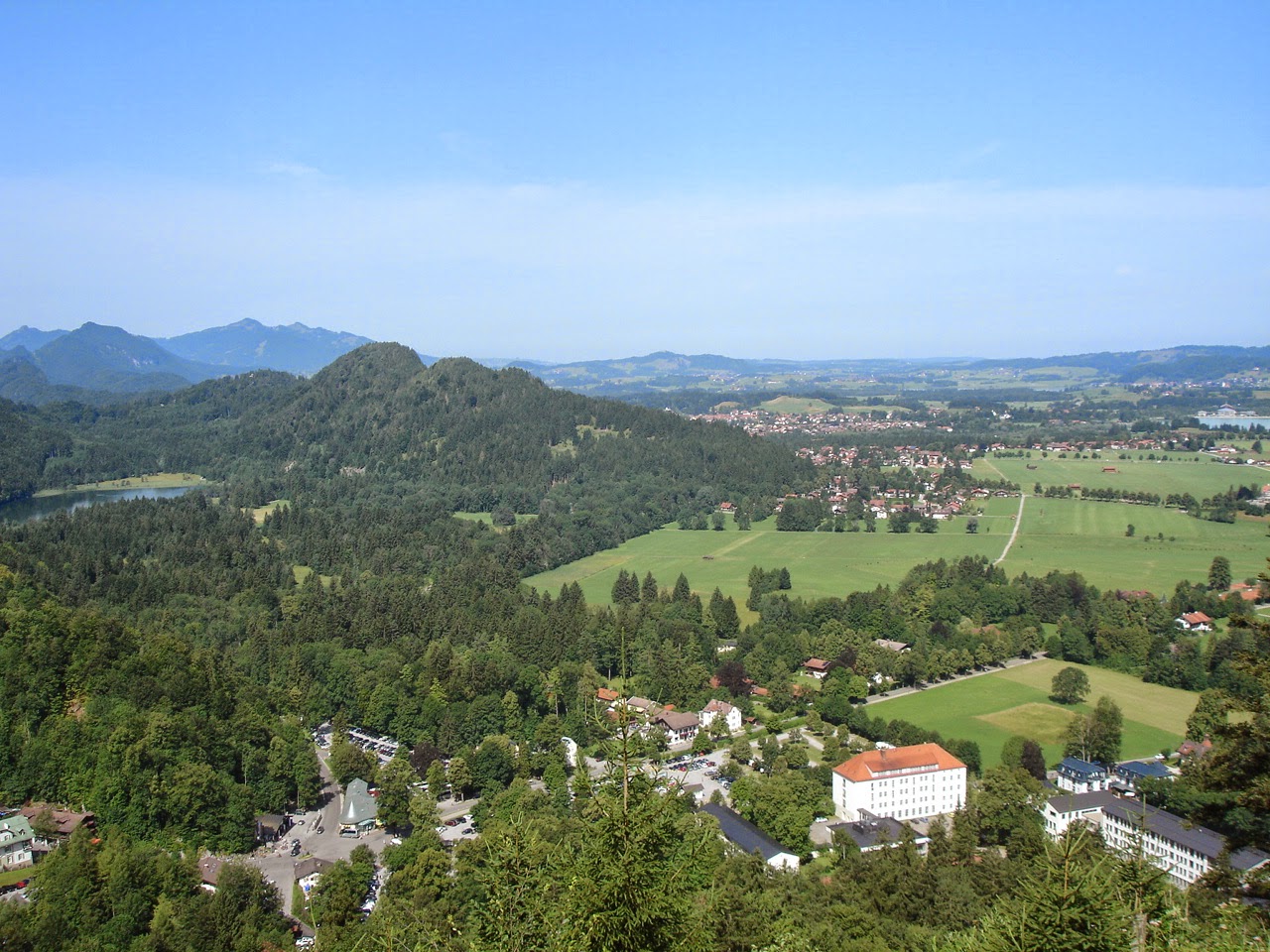I've just finished reading a book on Berlin I've been wanting to read forever:
In the Garden of Beasts: Love, Terror, and an American Family in Hitler's Berlin by Erik Larson (you can see my German reading lists
here and
here). I've been a fan of Larson ever since I visited Chicago for the first time and read his
Devil in the White City: Murder, Magic, and Madness at the Fair that Changed America. I still have to say that I think his book about Chicago is a bit more compelling, but
Garden of Beasts still fascinated me due to my recent visit to Berlin. I could picture some of the places he mentions which is always fun.
From the title of the book I thought the main characters would be William Dodd, American ambassador to Germany, his wife Mattie and their adult children Martha and Bill. Perhaps the more interesting of the foursome were William and daughter Martha, and most of the book centered around the two of them. William had the impossible task of being American liaison and diplomat starting in 1933 in Germany and ending in 1940. He was overworked and underpaid, had difficulty with German government officials and experienced a host of other problems. Besides the work he did while there, his socialite daughter's love life and infatuation with communism is explored (I thought this part was very interesting).
I love when something I read in one book coincides with something I've read previously. There were several such occurrences during this read. First, before departing Chicago for Berlin with her family, Martha had an affair with author
Carl Sandburg whose home I visited in Flat Rock, North Carolina, a couple of years ago. Sandburg was later a pallbearer at William's funeral. In chapter seven, Larson says that on William's first day as American ambassador, a new law took effect, "the Law for Hereditary Diseases, which authorized the sterilization of individuals suffering various physical and mental handicaps." We learned about this is at the Topography of Terror Museum in Berlin, and particularly disturbing was the medical experimentation performed on children with disabilities, since they were deemed "unfit" to have families of their own one day. Unfortunately, government-mandated sterilization happened in the early and middle parts of the 20th century in the United States as well. In graduate school for a gender and medicine elective I studied forced and coerced hysterectomies primarily in North Carolina. Today, a state-run foundation in North Carolina is waiting for government funding to award reparations to living victims and their families (here's a recent article from Raleigh's CBS affiliate,
WRAL). Martha also had an affair with author
Thomas Wolfe when he was visiting Berlin (another North Carolina connection. I visited Wolfe's house a few years ago on the same trip as Sandburg's Connemara).
Martha and a friend were invited on a weekend getaway with one of the few authors who did not leave Germany during Hitler's regime,
Hans Fallada, who wrote
Alone in Berlin, which I absolutely loved. In chapter 40, Larson says,
"In the months following Hitler's ascension to chancellor, the German writers who were not outright Nazis had quickly divided into two camps - those who believed it was immoral to remain in Germany and those who felt the best strategy was to stay put, recede as much as possible from the world, and wait for the collapse of the Hitler regime. The latter approach became known as 'inner emigration,' and was the path Fallada had chosen."
Finally, in the Sources and Acknowledgements section, Larson mentions that he relied heavily on Christopher Isherwood's books in writing
Garden of Beasts (I recently read
The Berlin Stories after returning from Germany).
I really enjoyed
Garden of Beasts and would recommend it for anyone wanting to know more about the American presence in Berlin from 1933 to the start of World War II.









